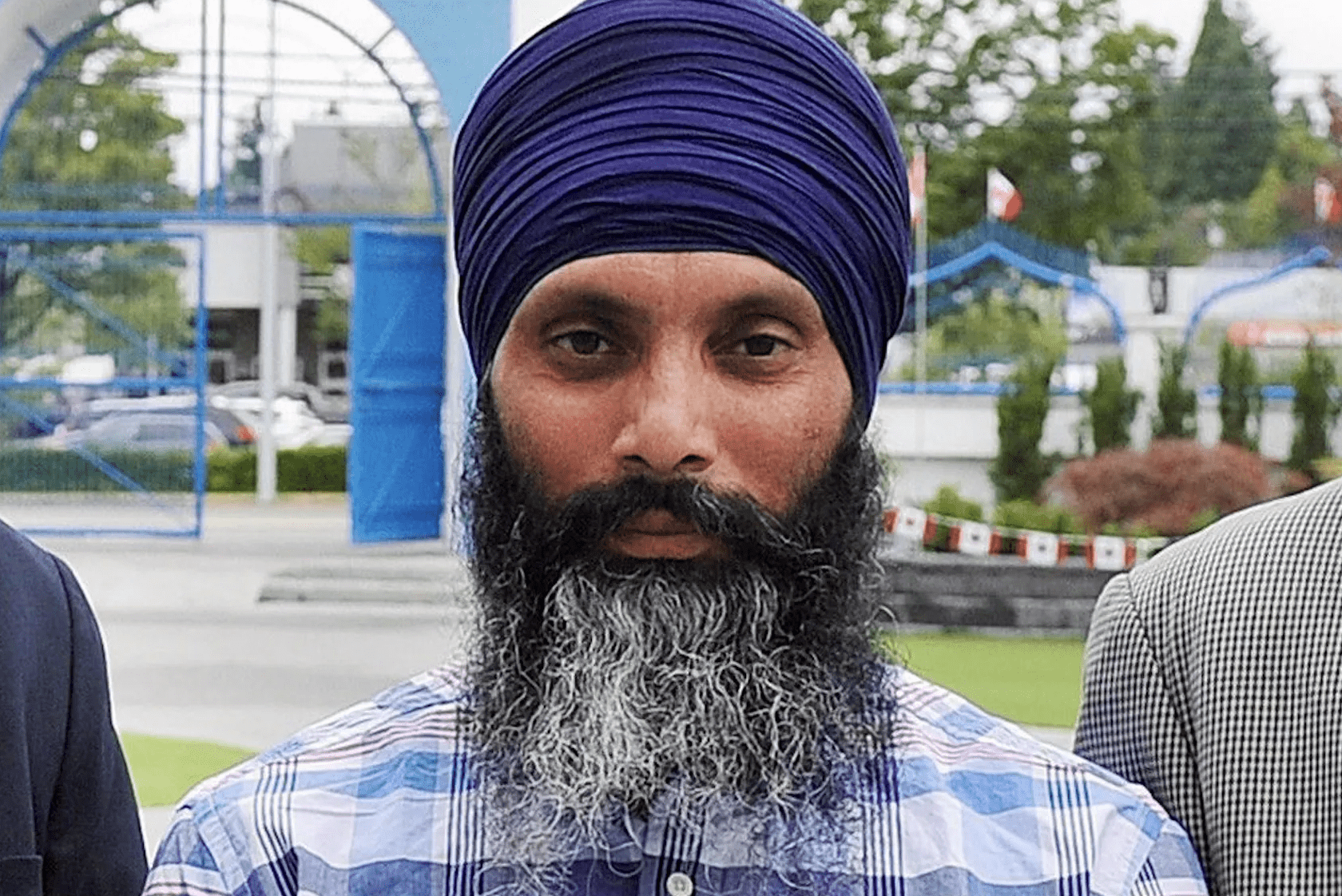Prime Minister Justin Trudeau surprised the House of Commons on Monday when he announced that senior diplomats in Canada and India had been expelled. The reason behind their expulsions was stunning and potentially explosive – both for the country, and his political future.
Trudeau told parliamentarians that “over the past number of weeks, Canadian security agencies have been actively pursuing credible allegations of a potential link between agents of the government of India and the killing of a Canadian citizen Hardeep Singh Nijjar.” He confirmed that the Liberal government would take all necessary steps to “hold perpetrators of this murder to account.”
Foreign Affairs Minister Melanie Joly also confirmed to reporters that Indian diplomat Pavan Kumar Rai had been expelled. “The allegations that a representative of a foreign government may have been involved in the killing of a Canadian here in Canada, on Canadian soil, is not only troubling but it is completely unacceptable. If proven true this would be a great violation of our sovereignty and of the most basic rule of how countries deal with each other.”
Joly noted that Trudeau had raised this matter with US President Joe Biden and British Prime Minister Rishi Sunak. While various western democracies expressed concern about these accusations, they went no further than this. The Washington Post noted that Canada’s overtures “were rebuffed, underscoring the diplomatic balancing act facing the Biden administration and its allies as they work to court an Asian power seen as a crucial counterweight to China.”
Who was Nijjar?
He was a plumber, Sikh leader and temple president based in Surrey, B.C. He was gunned down outside the gurdwara on June 18. According to the National Post, the Royal Canadian Mounted Police’s Integrated Homicide Investigation Team said “two heavy-set suspects” shot him and fled in a getaway vehicle “driven by a third suspect.” He reportedly died on the scene.
Nijjar was also a wanted man in India. A Global News story included a screen grab of the Nov. 14, 2014 warrant for his arrest through Interpol’s National Central Bureau in New Delhi. He was depicted as a “mastermind/active member” of the Khalistan Tiger Force. This is a militant group that’s part of the larger Khalistan movement that wants to create a separate homeland for Sikhs in the Punjab region. He was also linked to the Oct. 2007 bombing of Punjab’s Shingar Cinema, which killed six people and injured 37. The suggested motive for the attack, as the Times of India put it, was to “revive terrorism and to create communal tension.”
That’s why Nijjar’s name currently appears on India’s Home Ministry list of terrorists under the Unlawful Activities Prevention Act.
India is furious at this situation, and has dismissed Canada’s accusations. A statement from its Ministry of External Affairs suggested the expulsion occurred due to “growing concern at the interference of Canadian diplomats in our internal matters and their involvement in anti-India activities.” While the Canadian PM told reporters on Tuesday that our country is “not looking to provoke or escalate” this matter with India, it’s far too late for anything like this.
Trudeau and Canada’s intelligence service, however, are doing the right thing by doing their due diligence and investigating this unusual matter. Modern democratic countries aren’t supposed to order trained assassins to head to other democracies and take care of questionable individuals and controversial matters, either in theory or in practice. If India was behind Nijjar’s murder on foreign soil, that’s unacceptable and they need to be held accountable.
Where things go from here is a huge question mark.
The investigation is ongoing. There are currently no set parameters, guidelines or official deadline. Details and revelations will likely be kept secret for an extended period of time. Most countries and allies are seemingly going to keep their distance for political and economic reasons and watch things unfold from afar.
If Canada’s intelligence service has identified something real and tangible that connects the Indian government with Nijjar’s murder, it would be a significant political victory for Trudeau. The PM would have to be given his due for taking this matter seriously and handling it properly. He’s largely been a mediocre, ineffective leader since he was first elected in 2015, and that widely-held perception would remain firmly intact. But if he’s proven right, it would be wrong not to acknowledge it.
If the investigation ultimately turns up little to nothing with respect to India and Nijjar’s murder, Trudeau’s political goose would be cooked. Our intelligence service would obviously be condemned for running with this false information, and rightfully so. The PM would face the same fate for putting out unfounded allegations and incorrect information far too early, and not waiting for missteps and pitfalls to materialize.
Which scenario will turn out to be the correct one? Time will tell.
Michael Taube, a long-time newspaper columnist and political commentator, was a speechwriter for former Canadian prime minister Stephen Harper.






